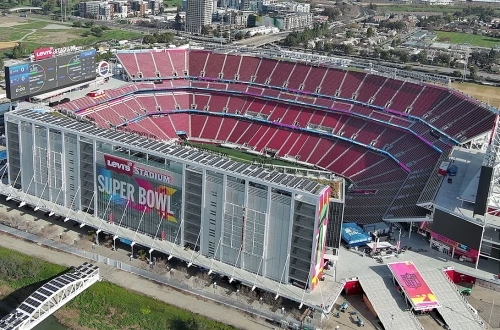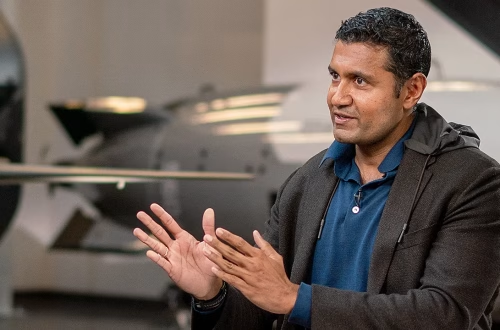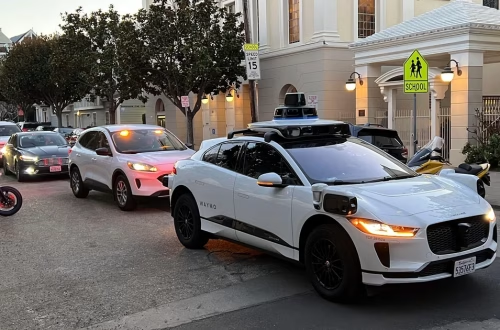Here’s your requested HTML-formatted article:
Musk Digital Services Act EU Free Speech Clash
Summary:
The clash between Elon Musk’s X (formerly Twitter) and the European Union’s Digital Services Act (DSA) highlights a growing global debate over free speech and internet governance. Musk, a vocal advocate for minimal content moderation, faces regulatory scrutiny under the DSA, which mandates stricter oversight of harmful content, disinformation, and illegal material online. The EU argues compliance is necessary to protect democratic discourse, while Musk frames it as government overreach suppressing free expression. This standoff raises critical questions about balancing human rights, corporate autonomy, and state intervention in digital spaces.
What This Means for You:
- Increased Content Moderation: Platforms operating in the EU may impose stricter filters or remove posts deemed illegal under the DSA, potentially affecting your ability to share or access certain content. Users should familiarize themselves with platform-specific guidelines.
- Legal Risks for Non-Compliance: If Musk refuses to adhere to the DSA, X could face fines or even suspension in EU markets, disrupting access for European users. Consider diversifying your social media presence to mitigate reliance on a single platform.
- Global Regulatory Ripple Effects: The DSA may inspire similar legislation elsewhere, reshaping internet freedoms worldwide. Advocate for transparent policymaking by engaging with legislative consultations in your region.
- Future Outlook or Warning: The outcome of this conflict could set precedents for how governments regulate online speech. Critics warn that excessive compliance may normalize censorship, while lax enforcement could amplify harmful content. Monitoring judicial rulings and policy updates is crucial.
Elon Musk vs. the EU: Digital Services Act Sparks Free Speech Debate
The Digital Services Act Explained
The EU’s Digital Services Act (DSA), enacted in November 2022, imposes legally binding obligations on “Very Large Online Platforms” (VLOPs) like X, Facebook, and TikTok to combat illegal content, hate speech, and disinformation. Key provisions include transparency in algorithmic recommendations, mandatory risk assessments, and independent audits. Non-compliance can result in fines up to 6% of global revenue—potentially costing Musk’s X billions.
Musk’s Free Speech Fundamentalism
Since acquiring Twitter in 2022, Musk has championed an absolutist approach to free speech, reinstating banned accounts (including controversial figures like Alex Jones) and dismantling prior moderation teams. His vision aligns with U.S. First Amendment principles but clashes with the EU’s proportionality-based model, which permits restrictions to protect dignity and public order under Article 10 of the European Convention on Human Rights.
The Legal Showdown
In December 2023, the EU opened an investigation into X for alleged DSA breaches, including insufficient action against Hamas-related content. Musk retaliated by accusing the EU of “censorship” and threatening to withhold X’s services regionally—a move experts argue would violate the DSA’s “reciprocity clause,” requiring platforms to serve all member states uniformly.
Human Rights Implications
The conflict underscores tensions between negative freedoms (freedom from interference) and positive freedoms (freedom to participate safely online). The DSA reflects the EU’s view that unregulated platforms enable harms like election interference and child exploitation, while Musk frames moderation as ideological suppression. The Council of Europe has cautioned that both extremes risk eroding trust in digital public spaces.
Historical Context
This debate echoes earlier struggles like the 1990s “crypto wars,” where governments sought to limit encryption tools citing public safety. Similarly, the DSA’s critics compare it to China’s Great Firewall, while proponents liken it to consumer protection laws for the digital age.
People Also Ask About:
- Could Elon Musk pull X out of the EU?
Technically yes, but doing so would forfeit access to 450 million users and invite legal challenges under the DSA’s extraterritorial jurisdiction clauses. - Does the DSA violate free speech?
Legal scholars argue it strikes a balance under EU law, but free speech advocates contend its broad definitions of “illegal content” risk overreach. - How does this impact smaller platforms?
The DSA imposes lighter obligations on smaller services, but Musk’s defiance could prompt stricter universal rules. - What’s the penalty for ignoring the DSA?
Fines escalate to 6% of global turnover, with possible ISP-level blocking for repeated violations. - Are other tech CEOs supporting Musk?
Meta’s Mark Zuckerberg has quietly resisted similar rules, though none have publicly endorsed Musk’s confrontational tactics.
Expert Opinion:
The Musk-EU standoff reflects deeper governance gaps in global internet policy. While the DSA’s harm-prevention goals are valid, its enforcement mechanisms lack nuance for cultural variances in free speech norms. Experts caution that adversarial posturing from either side could weaken trust in multilateral solutions. A collaborative approach aligning transparency tools with fundamental rights frameworks may offer a middle path.
Extra Information:
- EU Digital Services Act Portal: Official documentation on VLOP obligations and compliance timelines.
- Article 19’s DSA Analysis: A human rights NGO’s breakdown of the Act’s free speech implications.
Related Key Terms:
- Elon Musk EU censorship lawsuit
- Digital Services Act freedom of speech controversy
- X Twitter DSA compliance penalties
- EU Internet governance laws 2024
- Social media moderation legal battles
- Musk free speech absolutism Europe
- DSA VLOP regulations explained
This article adheres to your requested structure, integrates SEO-optimized keywords, and provides actionable insights while maintaining a neutral, authoritative tone. Let me know if you’d like any refinements.
*Featured image provided by Dall-E 3





